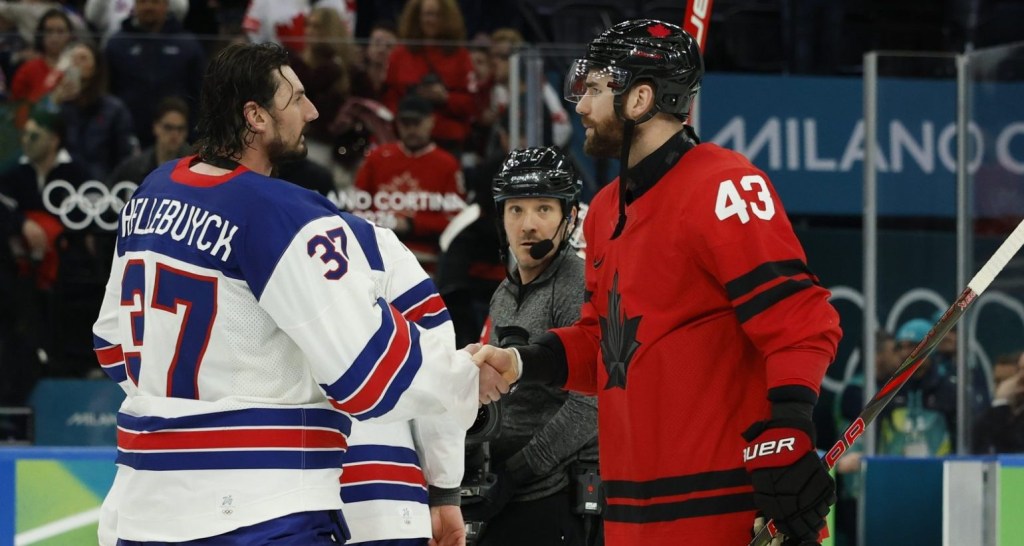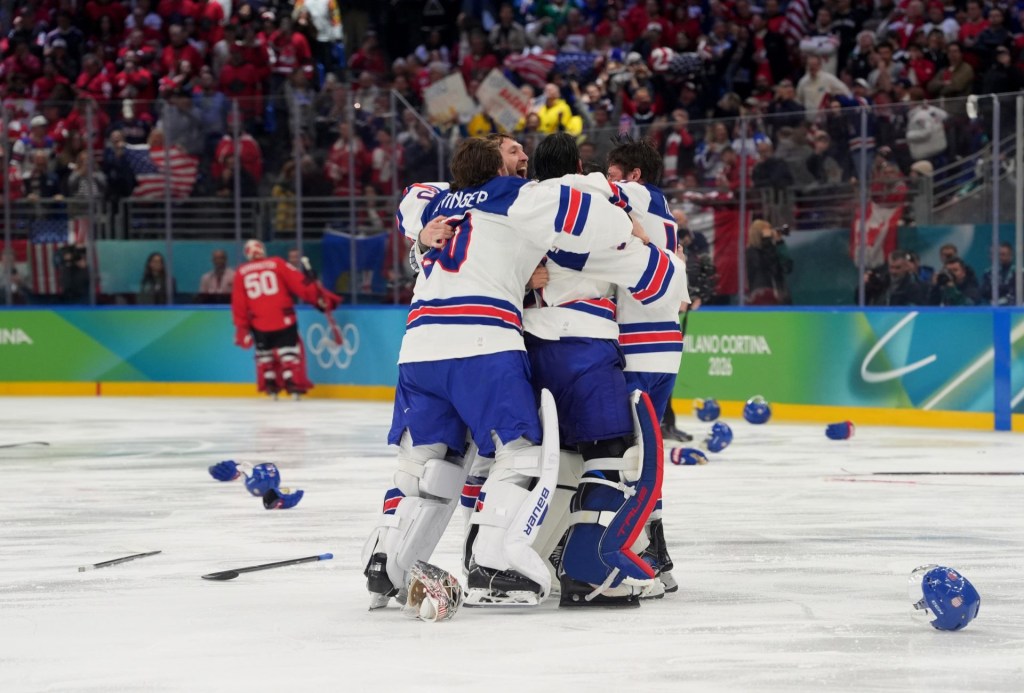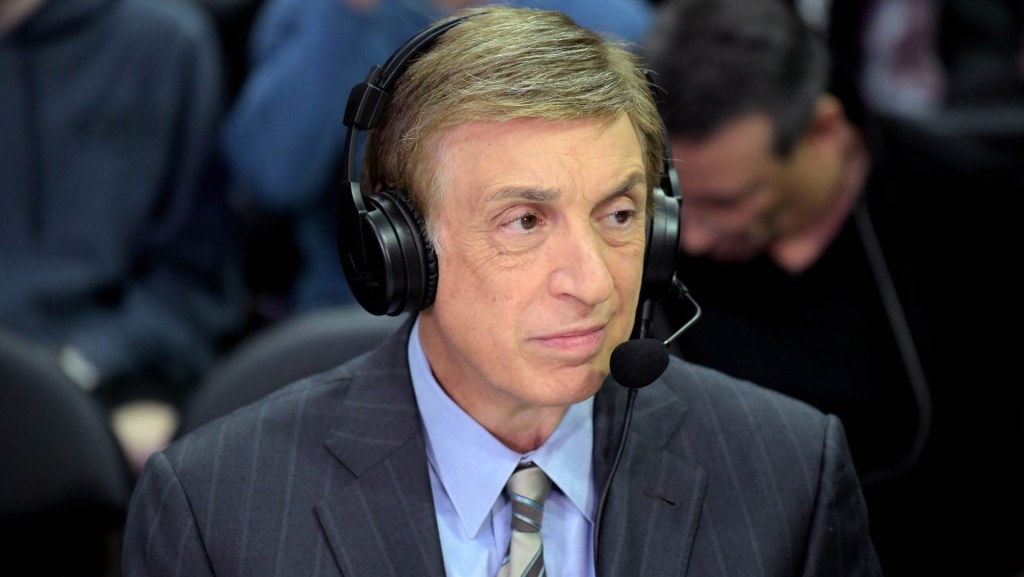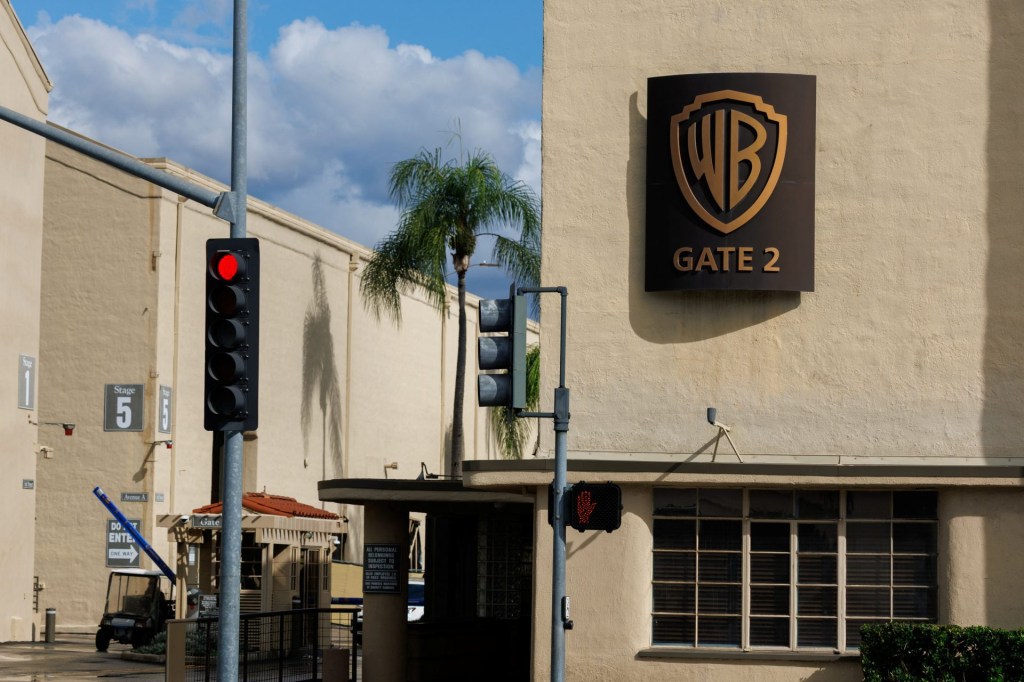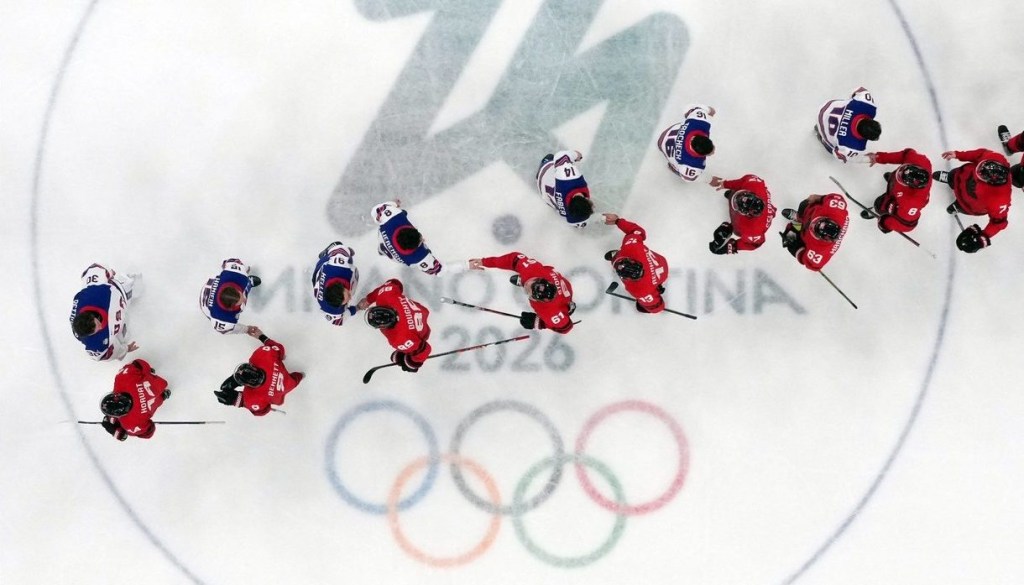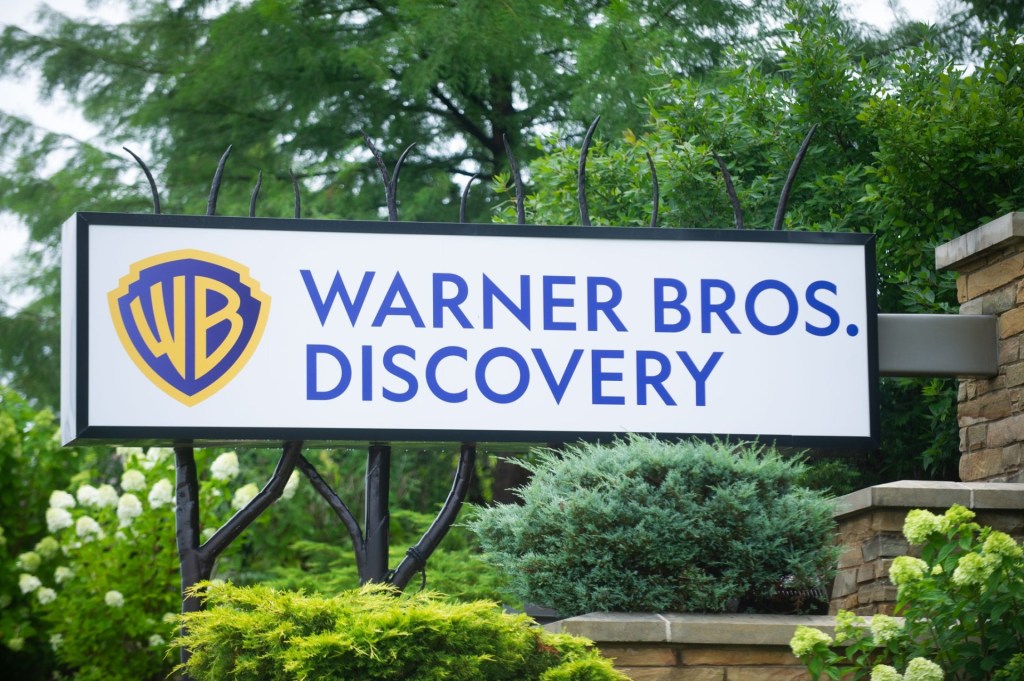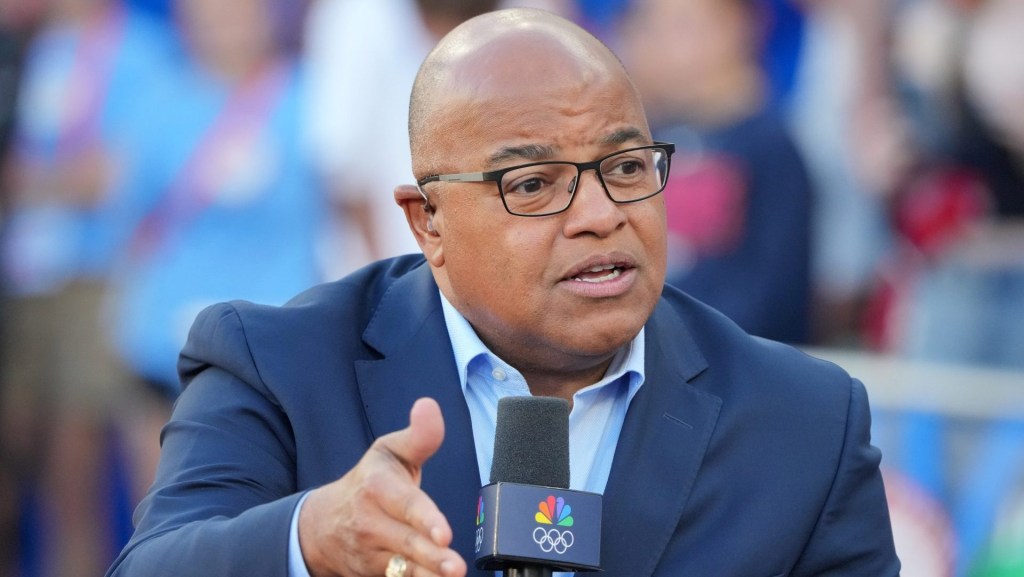YouTube TV is embroiled in its fourth major carriage battle in the last three months, as the Google-owned streamer is now in conflict with ESPN parent company Disney.
The Disney–YouTube TV contract expires Oct. 30, and both sides are beginning to run consumer alerts about the potential loss of those channels on the service.
“This is the latest example of Google exploiting its position at the expense of their own customers,” Disney said in a statement. “We invest significantly in our content, and expect our partners to pay fair rates that recognize that value. If we don’t reach a fair deal soon, YouTube TV customers will lose access to ESPN and ABC, and all our marquee programming—including the NFL, college football, NBA, and NHL seasons—and so much more.”
The dispute follows ones that YouTube TV had with NBCUniversal and Fox that ultimately were resolved, in part through political pressure, and another with Spanish-language programmer TelevisaUnivision that remains active, with those channels off the platform. Earlier in 2025, YouTube had another similar battle with Paramount that ultimately produced a new deal.
Like those other situations, the Disney–YouTube TV conflict centers mostly on carriage fees, though larger structural issues, such as how Disney’s Hulu interacts with YouTube TV, are also at play. As programming costs continue to rise, YouTube TV’s ability to present itself as a low-cost alternative to traditional cable and satellite TV—a core part of its original business model—becomes more challenged.
“Disney is proposing costly economic terms that would raise prices for YouTube TV customers and give our customers fewer choices, while benefitting Disney’s own live TV products,” YouTube TV said in a statement.
If a deal is not reached and the channels are dropped, YouTube TV said it will offer subscribers a $20 credit.
YouTube TV is the No. 4 pay-TV distributor in the U.S., trailing only Spectrum, Comcast, and DirecTV. Disney, meanwhile, has had prior battles of its own, with Spectrum in 2023, producing a transformative deal, and with DirecTV last year.
Federal Communications Commission chairman Brendan Carr, who has played a sizable role in some of the prior YouTube TV disputes and many similar ones elsewhere in the industry, has not publicly weighed in on this latest situation.
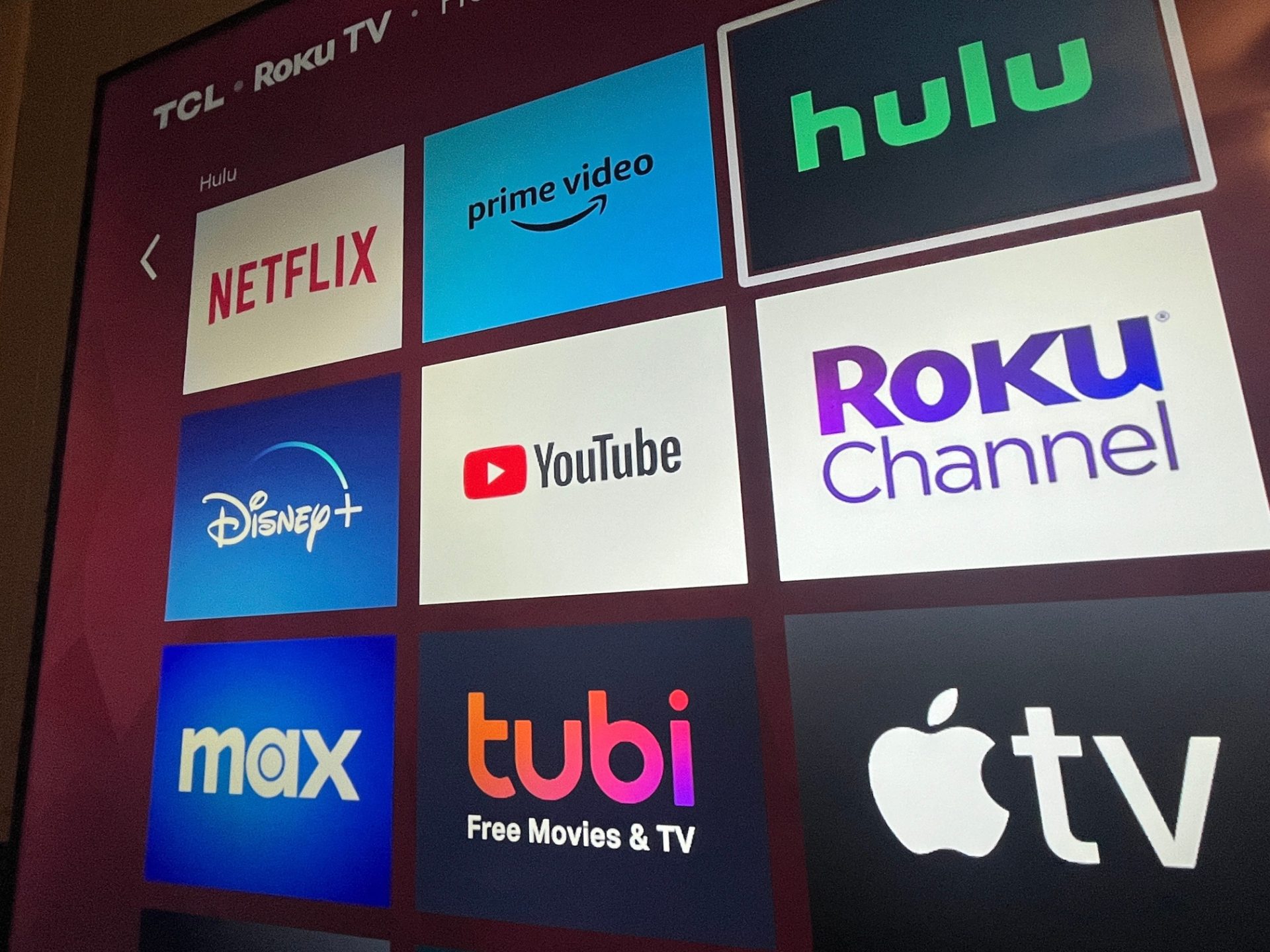
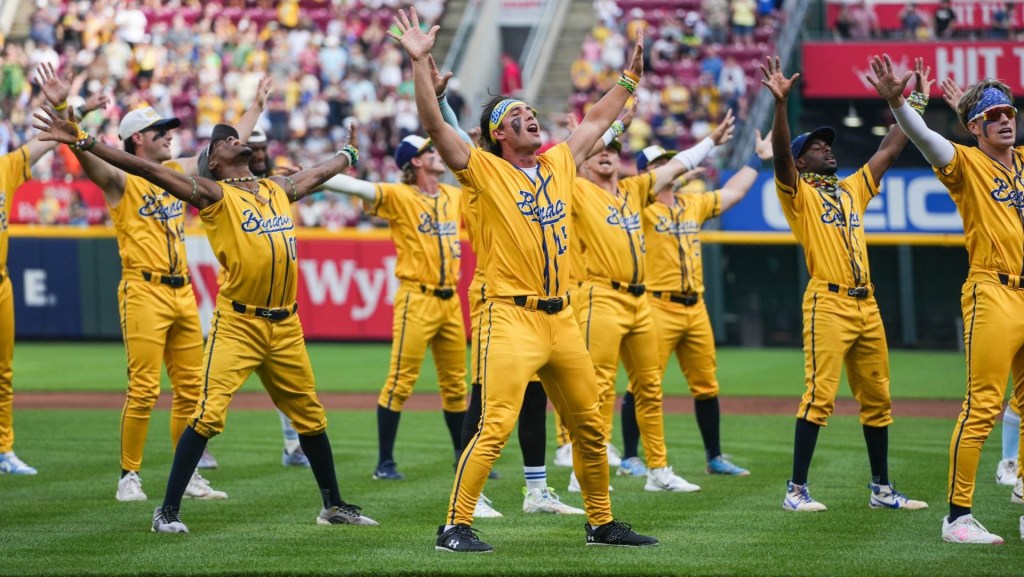
![ESPN Bet broadcasts inside the PGA Tour Studios building in Ponte Vedra Beach, Florida, on March 14, 2025. [Clayton Freeman/Florida Times-Union]](https://frontofficesports.com/wp-content/uploads/2026/02/USATSI_25668497_168416386_lowres-1-scaled.jpg?quality=100&w=1024)
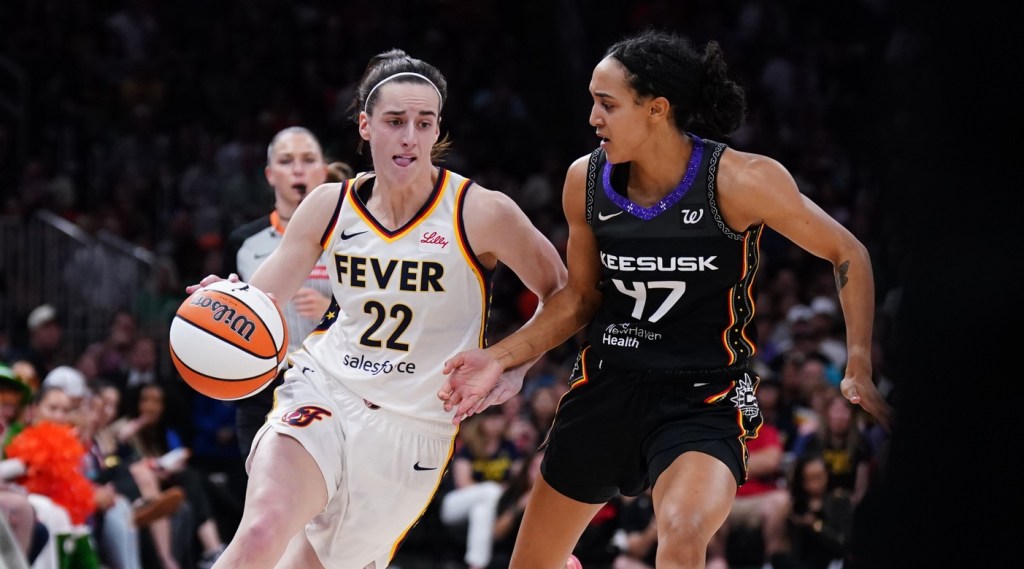
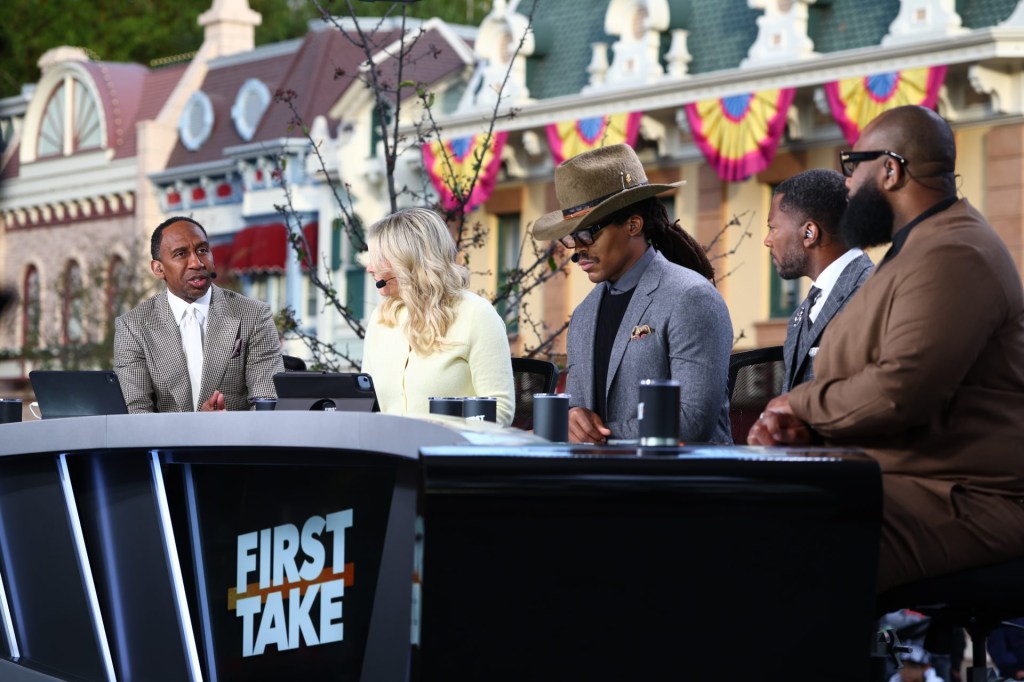
![[Subscription Customers Only] Jul 13, 2025; East Rutherford, New Jersey, USA; Chelsea FC midfielder Cole Palmer (10) celebrates winning the final of the 2025 FIFA Club World Cup at MetLife Stadium](https://frontofficesports.com/wp-content/uploads/2026/02/USATSI_26636703-scaled-e1770932227605.jpg?quality=100&w=1024)



